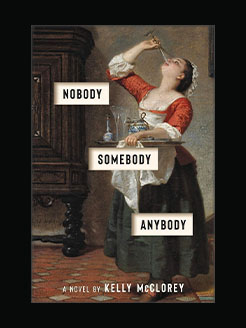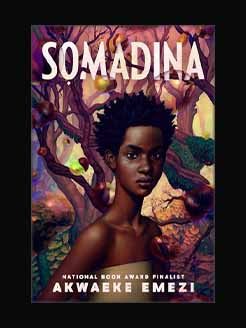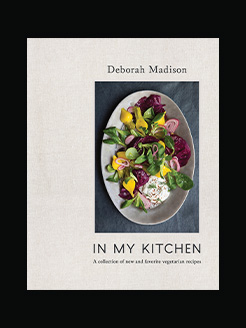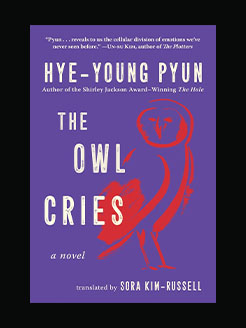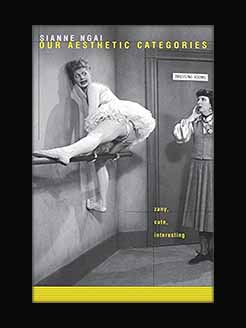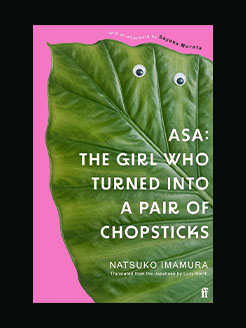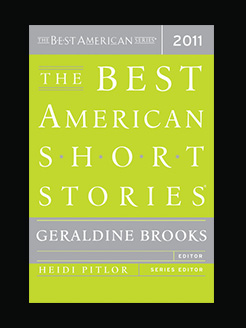Published in 2025
11 hours and 30 minutes
Hannah Marsh is a writer living on the wild North coast of Cornwall. A former national newspaper digital editor and feature writer, she wrote this book about Caesarean section, threading her way through myth, medicine, culture and folklore.
She is, and always has been, fascinated by people, their bodies and beliefs, and has a magpie-like interest in gleaning and gathering information, stories and interesting titbits.
After Hannah’s son was born by emergency Caesarean section in 2017, she became steadily gripped by the story behind this procedure, nowadays so common as to be largely pedestrian, once a dangerous, last-resort dance with death. She found herself immersed in a world of gods and goddesses, pig gelders and surgeons, folk heroes and their mothers, and she knew she had a tale to untangle.
Hannah is particularly eager to tell the quiet, sometimes obscured stories of women that history has not shone a light on, but upon whose bodies and suffering so many medical developments were built.
What is this book about?
I start to see my own experience not as a woeful result of a system or a body that has let me down, but as a birth experience as ancient, rich and potent as any other kind of birth.
Back in 2017, journalist Hannah Marsh was about to give birth to her son after months of preparation, reading and hypnobirthing classes. Following thirty hours of induced labour, Hannah was quickly acquainted with a caesarean section: a process she had not physically or emotionally prepared for.
In an attempt to heal, Hannah began interrogating the following questions: why do the words ‘caesarean section’ bring up feelings of doubt, shame and judgement for some, but a sense of safety, relief, validation and reassurance for others? Why are those two powerful words rarely spoken of in the ecstatic tones with which we celebrate so-called ‘natural’, or vaginal birth? Why is the procedure rarely called ‘beautiful’, or associated with an innate sense of feminine power?
Working her way through history, culture, and folklore, it wasn’t long before Hannah stumbled upon the pioneering voices and fascinating tales history seems to have forgotten. Take Koronis, mother of Aesclepius, the Greek God of surgery, or Dr James Barry, born Margaret Anne Bulkley, who performed an early and rare successful c-section, in which both mother and child survived, in South Africa in 1826.
Weaving in the arc of her own experience, a journalist’s insatiable curiosity, and the stories of both contemporary and historical women who endured and drove developments, Thread is an unflinching but compassionate examination of a procedure which is much more than surgery and medicine.
